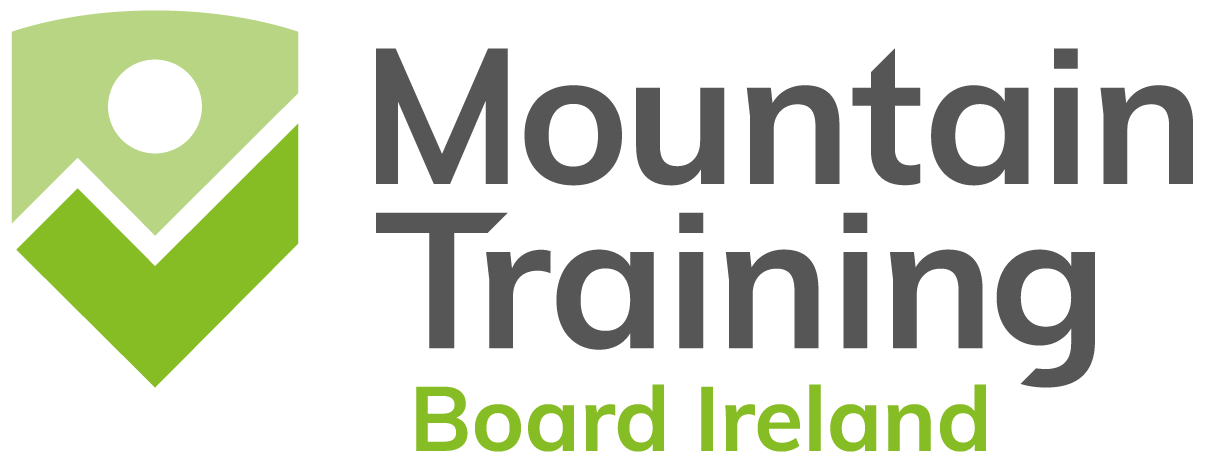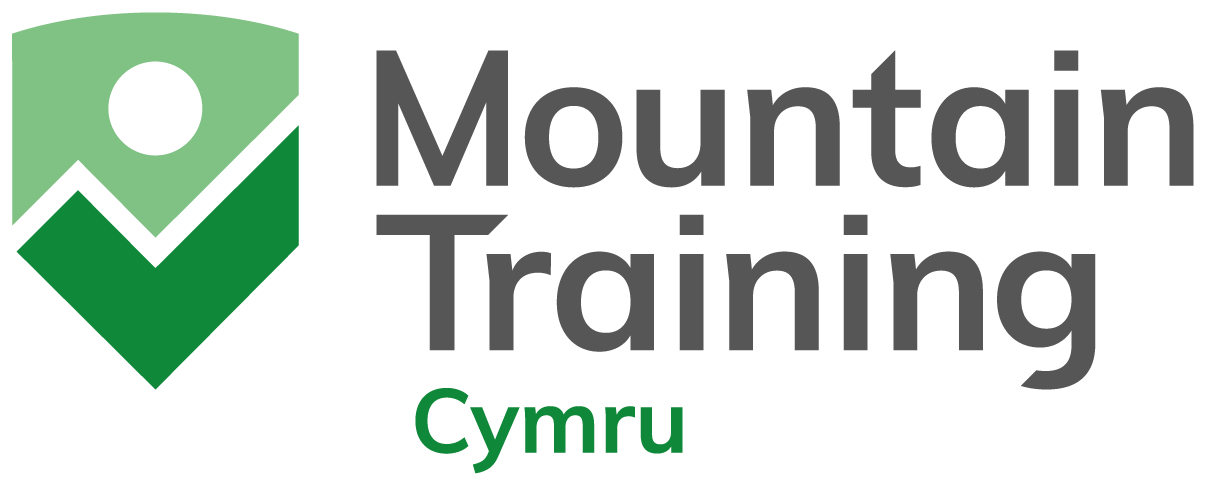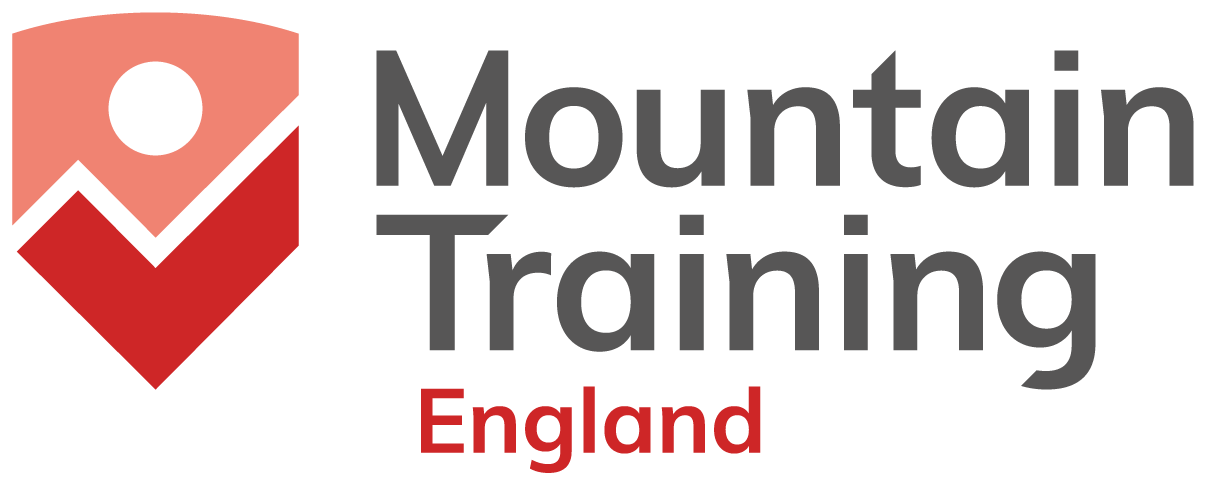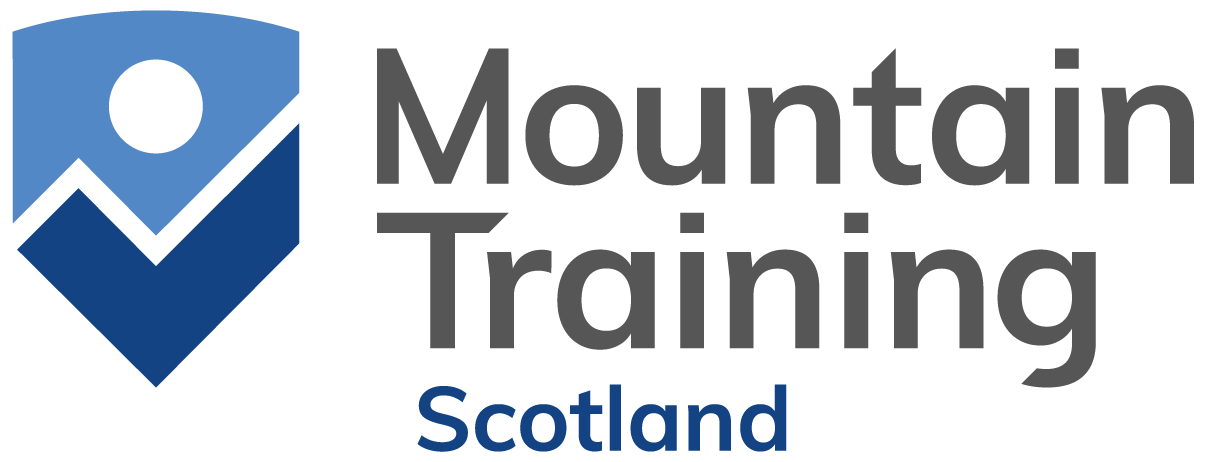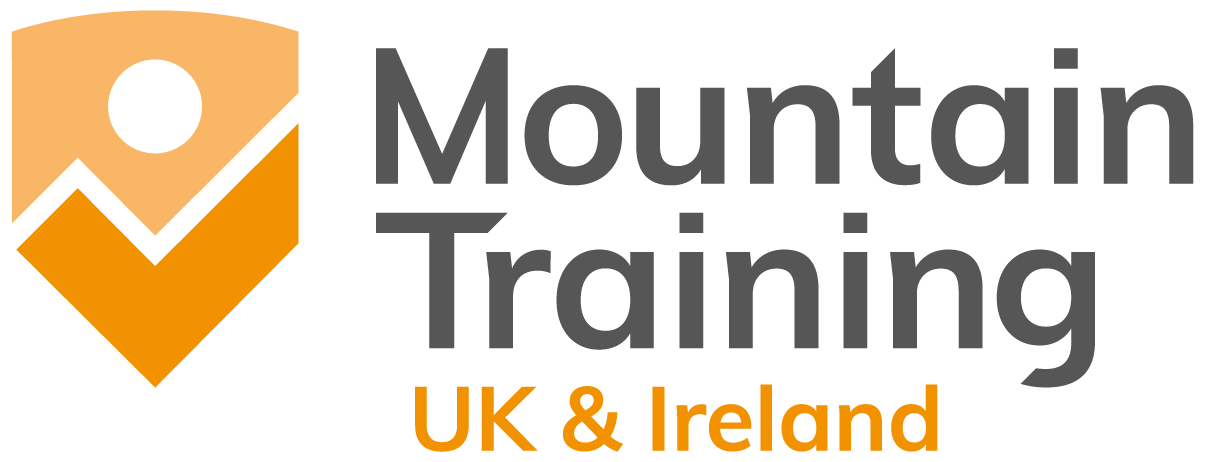Money saving tips from Mountain Training
04.03.24The costs of attending a Mountain Training course as well as gaining all the necessary experience can start adding up, especially during a cost of living crisis. But having a qualification can allow you to access new employment or allow the groups you work with to access more funding and insurance. So we’ve taken inspiration from Martin Lewis to bring you some money saving tips…
Before you start, make sure:
- You’ve chosen the right qualification or skills course for you! Make sure the experience required including travel is something you can realistically achieve in the time frame you want. You’re much more likely to gain a qualification if you can regularly access the environment your qualification covers. You may find that choosing a different qualification is better suited to your goals and will allow you to complete and start using a qualification quicker! Check out our “Which Scheme is Right For Me?” page to be sure.
- You check out our bursaries and funding page to see if you can access financial support (from one of the Mountain Training organisations or other sources), local funding opportunities or assistance with equipment.
Attending courses and gaining experience:
- Do a course close to home – if possible, attend a course close to where you live to cut down on transport and accommodation costs.
- Where accommodation is required, choose the accommodation option that works for you. If you can arrange your own accommodation cheaply or for free e.g. staying nearby with friends or family, camping or staying in a campervan, it’s likely to work out cheaper than courses which include food and accommodation. That said, always do your own value for money sense check – living in a ditch and turning up exhausted each day of your course will make it harder to learn and get the most from the experience.
- If you can fill a course with friends and family or with members from your organisation, contact a provider directly for a quote to run a bespoke course. This will usually cost less than booking as individual places.
- Ask your employer if they will contribute towards course costs. Many schools, outdoor centres and community or sport organisations love to have members of staff who hold Mountain Training qualifications as it allows them to run adventurous activities in-house. We know of lots of candidates who have been supported in this way so it’s worth asking!
- Join the Mountain Training Association and connect with a regional group near you – practising skills with peers closer to home can allow you to make the most of any trips further afield.
- Join a club to meet other people with shared interests, hone your skills, attend discounted meets and trips to gain experience. BMC, Mountaineering Scotland and Mountaineering Ireland have lists of affiliated clubs.
- Attend events with a local community organisation or with one of hundreds of groups working to make the outdoors accessible for everyone. Check out the All The Elements Directory. These are often low-cost where possible.
Travel
- Extend trips you’re already taking for work/holidays/visiting family and add an experience day or two onto the beginning/end. This will allow you to explore new areas and build on your experience without making a separate journey.
- Tagging training days onto other trips is also a more sustainable option. Reducing time driving means a reduction in CO2 output over the course of your qualification.
Clothing and equipment:
- Consider purchasing second hand equipment. Most clothing, tents, shoes and accessories are safe to use second hand if still in good condition and maintained well. Make sure you check them thoroughly or give them a test run before using them for the first time.
- Personal protective equipment such as ropes, climbing hardware, helmets and harnesses should be avoided second hand unless you are absolutely certain of their condition.
- Extend the life of your equipment and reduce waste by maintaining your kit well and repairing items where possible – read Alpkit’s guide to looking after your clothing.
- Borrowing equipment from someone you know or hiring if using as a one off is a great idea. You can also share a purchase with a friend who also loves the outdoors – it’s common to do this with camping equipment, bouldering pads and climbing racks/ropes which can be costly.
Mountain Training Association membership benefits:
- Joining the Mountain Training Association costs £45 per year. Though this is an additional outlay, the benefits can end up saving you a lot in the long run as well as helping you upskill, stay current and prepare for assessment. Here are some examples of the money saving benefits:
- MTA members get access to discounts of up to 50% on a huge range of kit, maps, books, and more. Check out all the discounts available
- MTA regional events and peer-support session are often free. These offer support and peer-learning in areas like night navigation, social climbing, or flora identification. MTA workshops and CPD events that you need to pay for are often significantly cheaper than elsewhere. Check out events and workshops here.
- A specially-negotiated and competitive insurance policy is available – this means you can start freelance working with your qualifications, fully insured, cheaply and easily.
- MTA members get access to discounts of up to 50% on a huge range of kit, maps, books, and more. Check out all the discounts available
